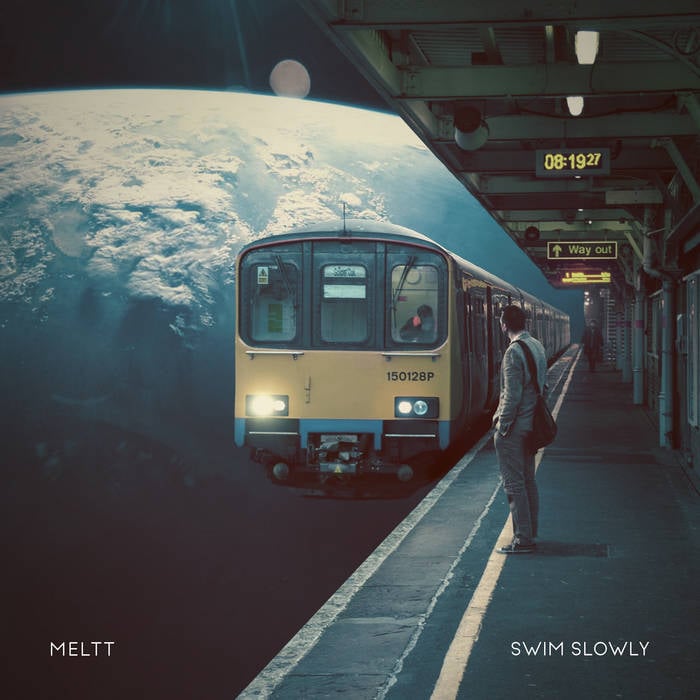TLDW from ChatGPT:
The video is a critique of the Debian Linux distribution’s website and its user experience, primarily focusing on the difficulties in finding and downloading the appropriate ISO images. The presenter praises Debian’s stability and community but criticizes the website’s design, stating that it’s not user-friendly, especially for new Linux users. The video highlights how the website layout, multiple clicks, and confusing file tree structure can make it challenging to locate the desired ISO images, particularly for the live installer versions. The presenter suggests that while improvements have been made, the ISO download process can still be convoluted and feels like the distribution is not encouraging new users. The overall message conveys a desire for Debian to make its ISOs more easily accessible and user-friendly.



You’re describing that you want something that isn’t the standard installer, with the ability to do offline installs. A new user with no clue about anything would probably just use the top link and run the graphic installer, ending up with the same system as if he/she had downloaded the dvd version. Is your criticism that internet is a requirement for the standard installer?
Kind of. My criticism is that a new user will end up with that net installer without realizing it, which may not be what they want, confusing them further. Bypassing the website is not a good solution, there’s important information there like the install guide. ISO downloads are only one example of how the website is hard to navigate, even if they manage to skip that step it’s only going go make it harder in the future.
I see, so then there are two options: 1) Make the full offline installer the default, or 2) put all options side by side and explain the difference.
The first option isn’t good because any default will not fit everyone, there will always be someone looking for what isn’t the default. The second option would just be confusing for the person who knows nothing about computers. “I have to read a wall of text to decide what to download? This is too much!”
I mean, there’s no way to win here. Is there any OS avaliable that can have one installer that fits exactly everyone, or a way to have a list to choose from if the user knows nothing about the choices?
Correction. A new user, meaning an actual normie Windows user rather than a nerd like people in this discussion, will get absolutely nowhere trying to install Debian. “Here’s the ISO” means nothing to the average person and anyway that’s only 5% of the process of getting the thing up and running.
Would a normie Windows user know how to install Windows on a computer without OS? Of course, this hypothetical user doesn’t have to, because he/she probably bought a computer with Windows pre-installed. Is there any OS in the world that is easy to install if you don’t know what an iso file is? Which measurement are we using when the claim is that Debian is difficult to install? What is an easy install?
What a fatalistic attitude. Or is it gatekeeping? So what if Windows is hard to install for noobs? As you say, they never need to do it. The subject here is Debian, not Windows. And yes, other distros are easier. Have you even tried? Obvious example being Ubuntu but Fedora is even easier, go check it out. Assumes no knowledge of terminology, contains a native tool for making the boot stick, it’s step-by-step all the way to first boot. My claim that Debian is hard is based on first-hand experience of it and other distros. Seems you are more interested in defending Debian’s honor than making it better. I want Debian to be better. Do you?
I am not trying to gatekeep. It could be that I’m blind to why debian is hard to install, I think it’s about the same as ubuntu or mint or fedora etc. Which means I’m not the right person to improve this area. I do want to lower the thresholds, and currently I’m helping out with that in other areas. This discussion started with the claim that it was hard to find the iso, which I disagree with, and now I’m not sure what we’re disagreeing about.